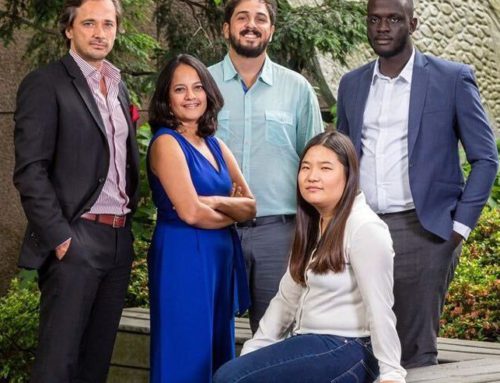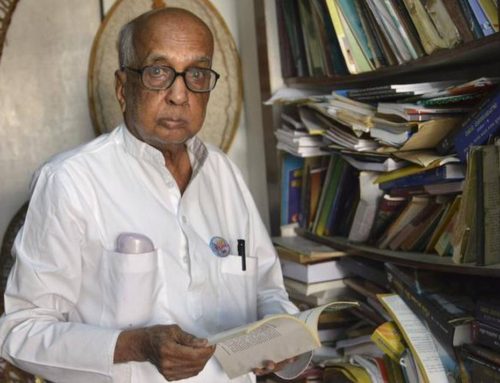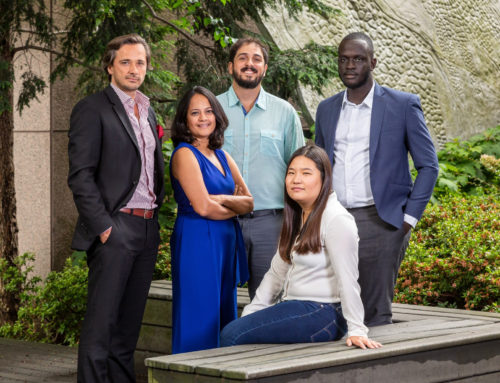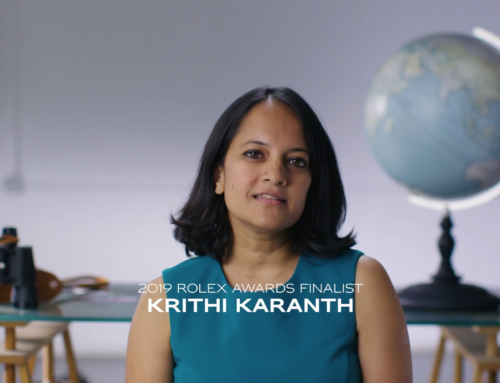2019 was a great year for us at the Centre for Wildlife Studies (CWS) India. Our hard work and determination have enabled us to execute and thrive in our conservation efforts through programs like Wild Seve and Wild Shaale. And we are continuing to publish several internationally peer-reviewed scientific articles.
Our efforts have brought us several awards and accolades, and we are privileged to have had many a reputed media platform featuring us throughout the year. As we bid farewell to 2019 and eagerly wait to do more and better this year, we are happy to share with you the top 10 stories from last year’s media coverage.
1. BBC Future
Featuring our Director Dr. K. Ullas Karanth and Dr. Krithi K. Karanth in this comprehensive article discussing India’s potential to nearly quadruple the world’s tiger population. The article shares incisive insights about man-animal conflict shared by them, including their findings from decades of research and the contribution of our ‘Wild Seve’ program that acts as a go-between for people impacted by animals and the government.
Read more at: https://bbc.in/2qAJjlY
2. PBS
Our Director Dr. K. Ullas Karanth and Dr. Krithi K. Karanth are featured in an episode of Animal Espionage that was premiered in November this year.
Watch it here: https://www.pbs.org/
3. Monocle Podcast
In this Monocle Podcast, Dr. Krithi K. Karanth discusses how Wild Seve helps farmers get compensated for damaged crop and/or livestock, and how Wild Shaale helps by inculcating empathy and curiosity about animals in children.
Listen to the podcast here: https://monocle.com/
4. Nature
Many conservation scientists, including our Director, Dr. K. Ullas Karanth who has studied tigers for over 30 years, shares with Nature their opinion on current methods being used in counting tiger numbers in India.
Read more at: https://www.nature.com/
5. Rolex Awards
As human numbers surge, conflicts between people and the planet’s dwindling wildlife are multiplying – but Dr. Krithi K. Karanth explains why she is convinced this problem can be solved.
More on this here: https://www.rolex.org/
6. Wings WorldQuest
In this interview with Wings WorldQuest, before Dr. Krithi K. Karanth received the 2019 Women of Discovery Conservation Award, she talks about how she got involved in science, the barriers to having more women work in science and the challenges conservation has among other things.
Here is the full interview: http://www.
7. Mongabay India
One of the many scientific papers published in reputed journals this year, titled ‘Extensive vegetation browning and drying in forests of India’s Tiger Reserves’, by Pradeep Koulgi, Nicholas Clinton and Dr. Krithi K. Karanth, was covered by Mongabay.
Read the full article here: https://india.mongabay.
8. DBTV
In an interview given to DBTV Live, Dr. Krithi K. Karanth talks about human-wildlife conflict and the conservation challenges in India.
Watch the interview at: https://dbtv.live/2019/05/
9. Singapore Tatler
Hoping to reduce human-wildlife conflict in India, our program Wild Seve was established in 2015. People living in the forest-fringes who face crop/property damage or livestock predation losses due to wildlife can avail of our Wild Seve services, and Dr. Krithi K. Karanth explains how, as a part of this feature.
Here is the link: https://sg.asiatatler.
10. Yahoo
An interview with Yahoo in which Dr. Krithi K. Karanth elucidates why Wild Shaale and Wild Seve are necessary in areas prone to human-wildlife conflict, and how both the programs function and address different audiences.
Please read it here: https://in.news.yahoo.
While our stories have travelled across the world, our regional media coverage has always helped us stay rooted in all the work we do. Here are the media stories in Kannada that we are pleased to share with you:
Vishwavani
A photo story on Wild Seve and its role in reducing human-wildlife conflict:
http://epaper.vishwavani.news/
Tech Kannada Podcast
In this podcast, Dr. K. Ullas Karanth shares his early experiences of being inspired by his father, Dr. Shivarama Karanth, and how that served as the foundation for his work in conservation biologist:
https://www.techkannada.in/
We thank you for your ceaseless support in all our endeavours, and hope that you continue to be a part of our journey as always.





